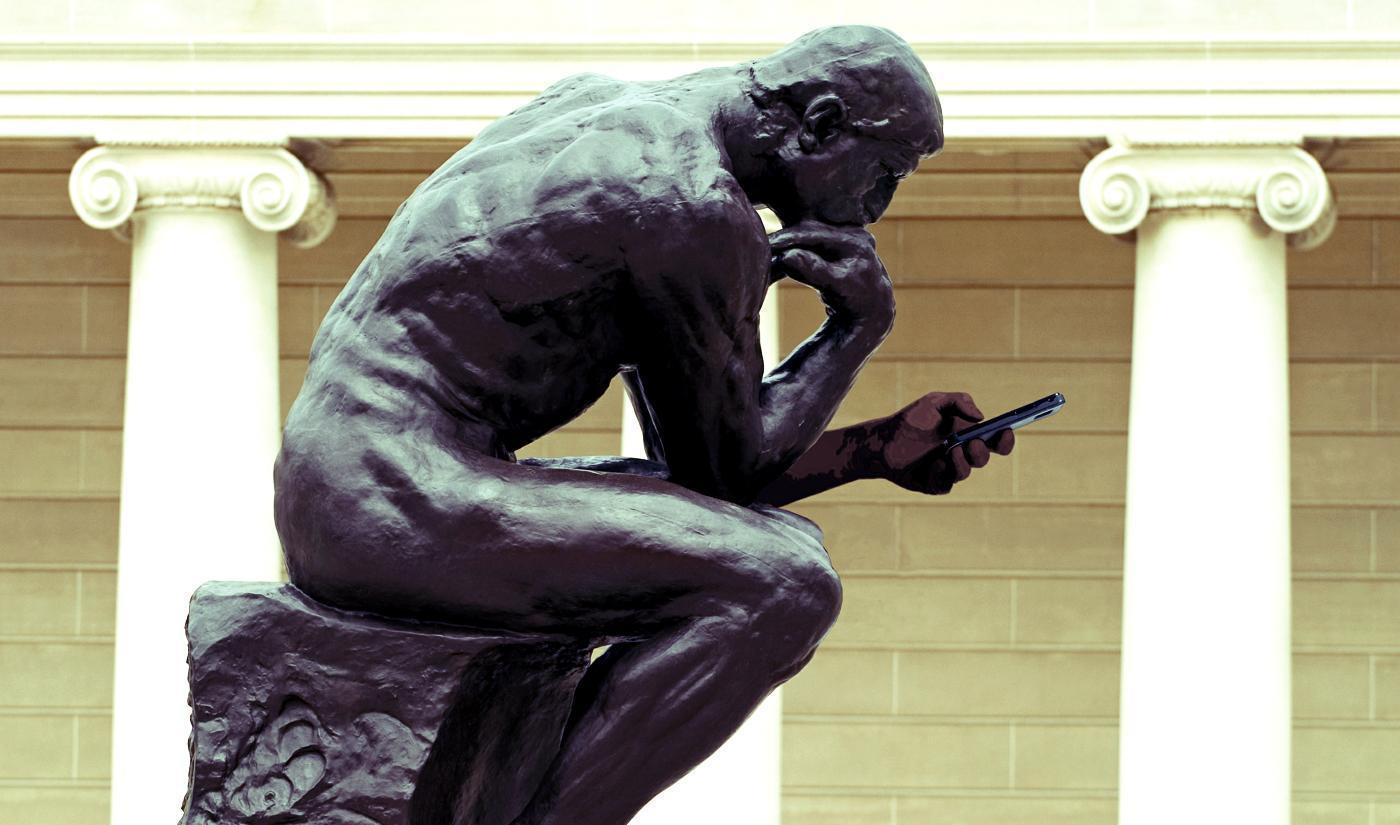[dropcap]H[/dropcap]ave you ever heard of the Christian Council of Nigeria, dear reader? Renowned associations speaking for Christianity in the country are the Christian Association of Nigeria (CAN), hitherto the grouping of what Nigerians call orthodox denominations but now cross-cutting, and the Pentecostal Fellowship of Nigeria for the group by its name. Enter the Christian Council of Nigeria.
A report in newsexpress.com on November 27 quoted the Christian Council of Nigeria as stating its resolve to fight the body of witches and wizards in Nigeria. CCN said this at a press conference to announce its 90th Anniversary celebration and 30th General Assembly in Lagos. It claimed there is a Witches and Wizards Association of Nigeria whose activities it condemned.
The many paradoxes of life in Nigeria took centre stage in the last two weeks and this week especially as the conference on witchcraft held at the University of Nigeria, Nsukka. It was comedic yet sad. It spoke to so many issues and reinforced the need “to restore the dignity of man” through knowledge.
The appearance of the Christian Council of Nigeria, “founded in 1929”, is one of the many revelations dredged up by the International Conference on Witchcraft at the Princess Alexandria Auditorium of UNN. The dominant theme was the pseudo fight mounted by PFN and CAN as well as, to the shock of everyone, the graduate body of the institution against the conference. CAN and PFN swore that it would not hold, thus providing the media with the narrative of conflict and drama. The unknown CCN used the opportunity of the interest in the conference to announce its presence. What witchcraft for it to have remained hidden since 1929!
Just the mention of the word “witchcraft” drove certain groups in the university to apoplexy and into the dark ages. Students in a university founded on the philosophical injunction “To seek truth, to teach truth and to preserve truth” would prefer that the institution not examine for better understanding a matter that features in the narratives of our country regularly.
The drama took various dimensions. The Energy Centre was the initial venue of the conference but declined the use of its accommodation as the hullabaloo rose in crescendo. They then enabled the organisers to use the bigger and more central Princess Alexandria venue. Pretenders to “seriousness” on the outside claimed that serious universities did not engage in studies of the paranormal.
I responded to one such on Facebook. “Amazing. Not only do many universities of repute worldwide” embark on such studies, but there are also academic tomes devoted to the study of the science and art of this area.
Check out the Palgrave Historical Studies in Witchcraft and Magic (palgrave.com), among so many others. Check out the entry on “Witchcraft, Sorcery and Magic” in the International Encyclopaedia of Anthropology (https://doi.org/10.1002/9781118924396.wbiea1915) and several other sources. The reason for the study is that since the rise of Pentecostalism in our land, interest in the phenomenon has grown, for good or ill. Scholars engage in identifying, analysing and proffering solutions to issues in their environment. Do not be part of this anti-intellectualism riding on the alleged grounds of more serious issues.”
The fakes posing as guardians of the faith claimed that they would bring down fire and brimstone to stop the conference. They did no such thing. In failing, are they suggesting that the power of witchcraft defeated the higher authority they claimed to call? Have they not reinforced stereotypes of the alleged influence of the supernormal? Why huff and puff to promote so much darkness and ignorance?
It is good that the B.I.C Ijomah Centre for Policy Studies and Research changed the theme of the conference from “Witchcraft: meanings, factors and practices,” to “Dimensions of human behaviours.” The innocuous title still allowed for a robust coverage of many issues around witchcraft.
Luckily, Egodi Uchendu, director of the Centre named after a UNN pioneer sociologist of the class of 1963, remained focused on the conference as a matter of academic engagement. She pointed out that even the protesting Christians would benefit if they opened their minds. “Church pastors discuss witchcraft regularly and preach against it all the time, drawing from their experiences during their training and in their ministries. I am sure the information from this conference and the research findings would assist them in their work for the gospel.”
It is thus unfortunate that the organisers tried to blame the mirror for the murky appearance of the conference. They blamed the social media for the dust the conference raised. This form of witchcraft will also not fly because it is untrue. The mirror is what it is.
Damian Opata, a vibrant young lecturer who handled the Use of English component of General Studies in our days, has a fitting word by which to close. “Some people have killed the initiative for creative indigenous thinking because of mere belief in witchcraft. Pastors, prophets, seers in the foreign religions and charismatic priests of variegated persuasions very frequently use perceived attacks by witches and wizards to put fear in the minds and hearts of their various congregations. The truth is, for those who believe that witches and wizards exist, it exists for them; and those who believe it does not exist, it doesn’t exist.”
The university in Nigeria should interrogate all matters in our environment. It should help dispel the darkness hovering over the populace, particularly among students. It is good that UNN did not fall for the boasts and threats but remained focused on this academic engagement. It should share the key learnings.
Meanwhile, following the logic of the naysayers, with a full hall at the conference, pray, how many more wizards and witches are now in Nsukka?
Chido Nwakanma is a veteran journalist who wrote this article for his column in BusinessDay.
The opinions expressed in this article are solely of the author.







